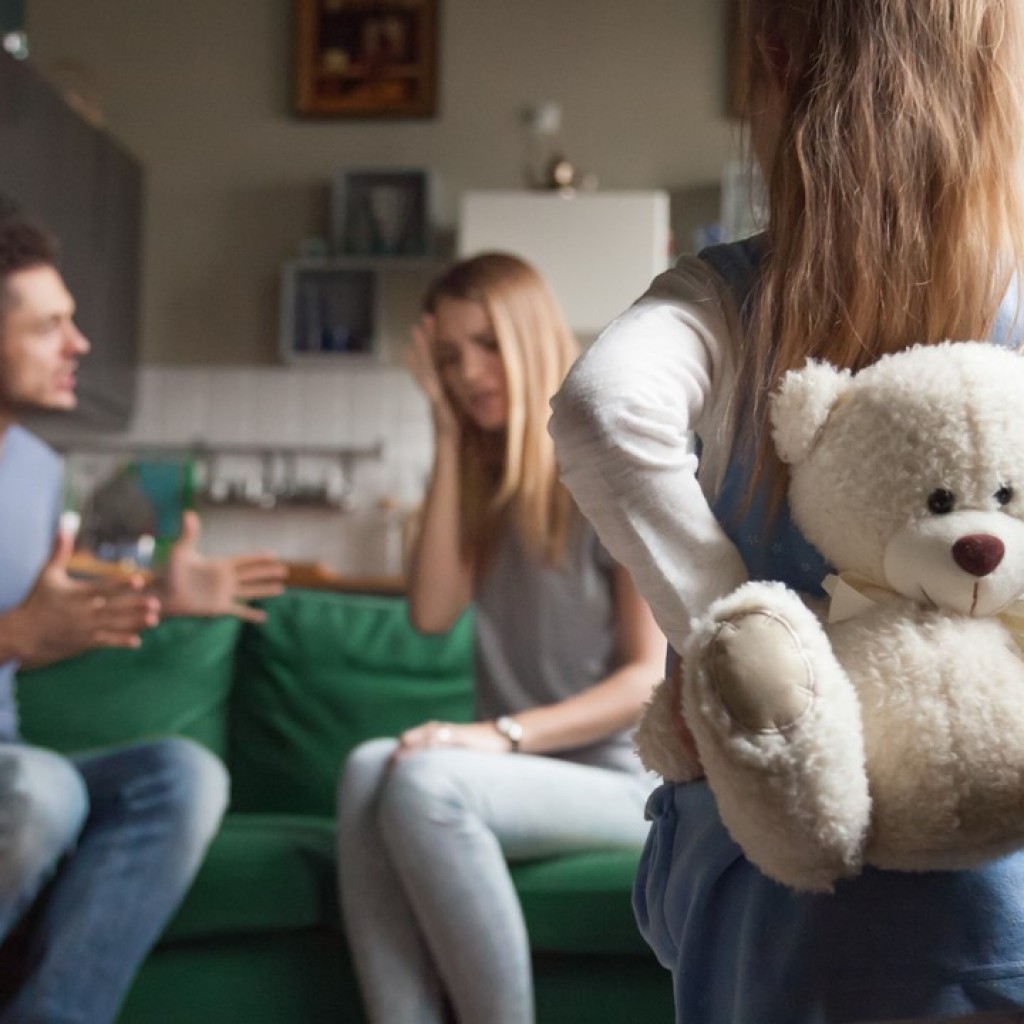Separation may involve bad feelings between the parents and their families. Children can pick up on this, which can make them confused, unhappy, or even blame themselves for a break-up.
The most important principle is that your children should grow up having a relationship with both their parents, no matter if those parents live together or apart. This need to maintain a good and healthy relationship with both parents should be at the forefront of all decision-making when going through separation, and thinking of how children can be supported in the process.
What steps can you take to help support children during a separation?
To support children during a separation, and to help them with any worries, you should;
- Remind them that they're loved by both parents.
- Always be honest when talking about what is happening, however, you should also keep in mind the child's age and understanding.
- Avoid blame and sharing negative feelings about others.
- Keep up the children’s usual routines like school, mealtimes, and other activities.
- Let them know they can talk about their feelings with you, make a comfortable environment where they can share, and explain it's okay to be sad, confused, or angry.
- Answer their questions and listen more, this will help them open up about their feelings.
Who has parental responsibility?
In general, mothers automatically have parental responsibility for their child from birth, while fathers usually have parental responsibility if they are married to the child's mother and/or are listed on the child's birth certificate.
If both partners have parental responsibility, then both are responsible for the child's well-being until they reach adulthood at the age of 18.
How to decide who has contact with the children?
Although every child and set of circumstances is different, children’s welfare must be put first. When a relationship breaks down you will need to consider future child arrangements such as where your child will live, how much time they will spend with each of their parents, and how your child will be supported financially. When deciding on who your child will be spending time and living with you should consider the following, as the courts will also focus on these matters;
- The wishes and feelings of the child.
- Any harm or risk of harm.
- The child's physical, emotional, and educational needs.
- Any future change in the child's circumstances.
- The child's age, sex, background, and characteristics.
- The ability of each parent to meet the child's needs.
It is important to try and agree on plans as early as possible to ensure your child’s routine is not suddenly disrupted. Time spent with each parent should enable your child to have a positive and healthy family life, thereby minimising any potential emotional damage.
Child arrangements are often based on an informal agreement between parents, although it can be useful to write down what you have agreed to avoid any misunderstandings in the future. If your child is at an age where they understand the situation it can be beneficial to involve them in discussions, but any decisions must be made by the parents.
What steps can you take to organise the best arrangements for your children during separation?
If possible, talk to your partner about the arrangements. The best arrangements for your children will be the ones that you both agree with.
If you are unable to agree on arrangements through direct discussion, it may be useful to attend mediation where a neutral third party can help you reach an agreement. Mediation is voluntary however, if you think Court proceedings may be necessary, it is worth attending mediation as this is a pre-requisite to any court proceedings.
You may also instruct a solicitor to support you in the process and negotiate on your behalf with the other parent and their legal representative to try to reach an agreement.
Parents who are unable to reach an agreement will need to apply to the Court to resolve matters by way of a Child Arrangements Order. The court will make a final order after consideration of all the evidence, and this will be binding on the parties. It is important to remember that the arrangements need to be flexible to meet the child’s needs and will develop over time.
Find out more
For any help or support with separation, child arrangement orders, or supporting your children, then please contact our dedicated Family Law team.
To read more insights on Family Law, divorce and separation, please visit our Good Divorce Week page.






